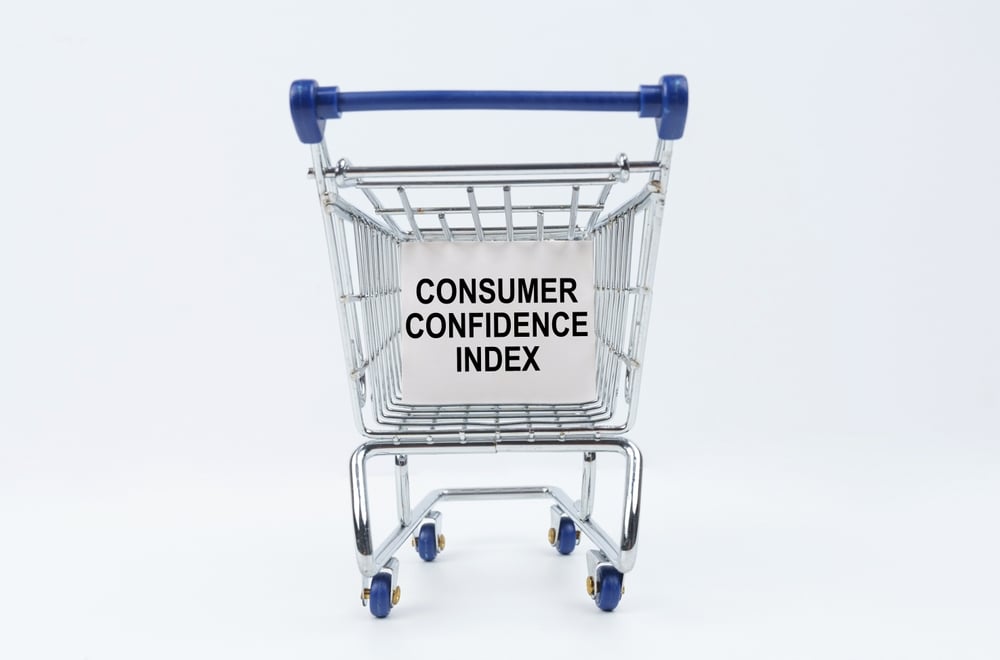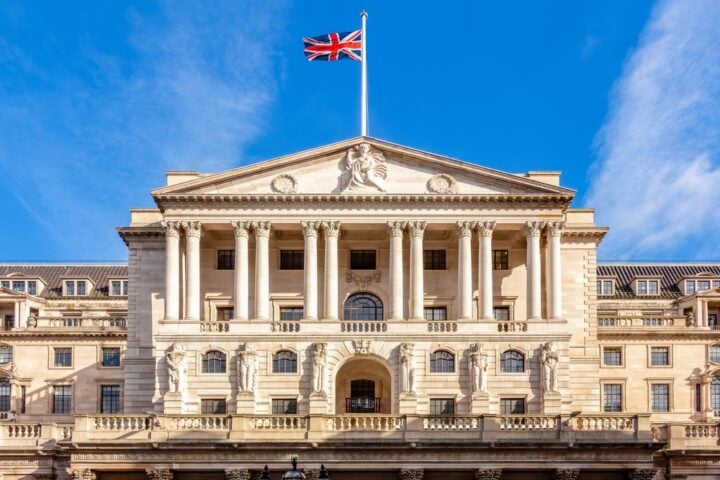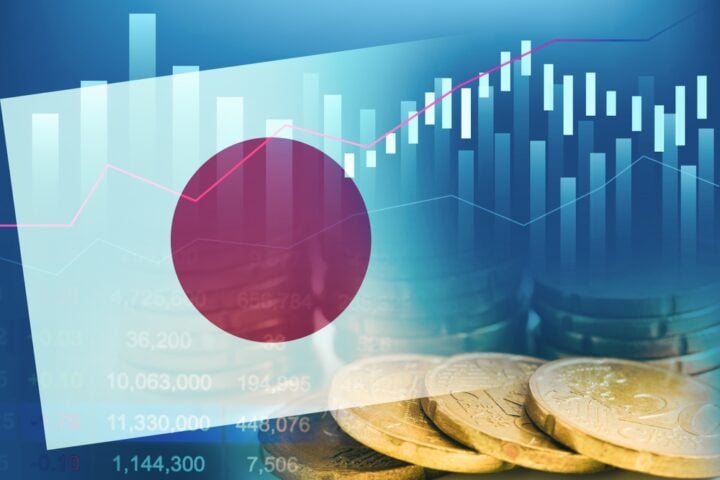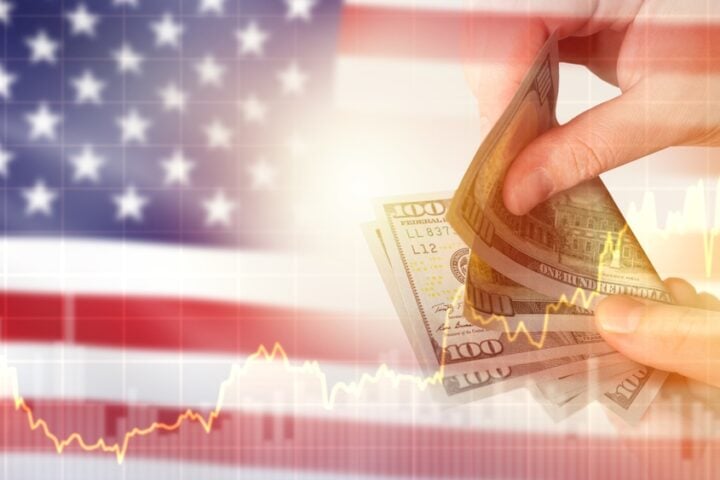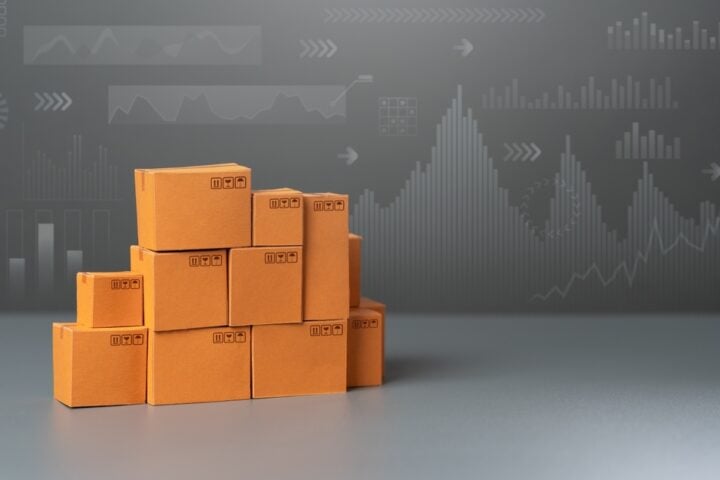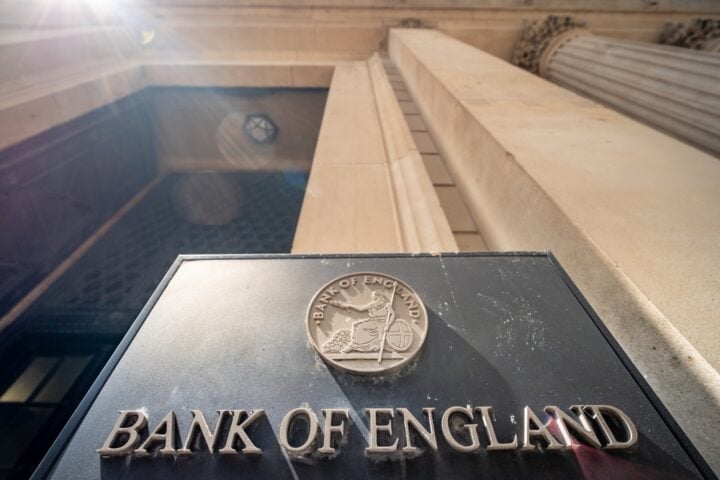Consumer attitudes towards both the present and future took a significant downturn in April, as escalating tariffs dented sentiment and employment confidence hit levels reminiscent of the global financial crisis.
Consumer Confidence Index Drops to Five-Year Low
The Conference Board’s Consumer Confidence Index fell to 86 in April, a 7.9-point decrease from its previous reading and below the Dow Jones estimate of 87.7. This marks the lowest level for the index in nearly five years. Consumers’ concerns about the economy were further compounded by a bleak outlook for the future.
Expectations Index Sees Sharp Decline
The Conference Board’s Expectations Index, which gauges consumer outlook for the next six months, tumbled to 54.4, a decline of 12.5 points. This is the lowest reading since October 2011, and experts say it reflects growing concerns that a recession is imminent. The three main components of the index—business conditions, employment prospects, and future income—all deteriorated sharply, highlighting the widespread pessimism.
“The decline across all three expectation components reflects a pervasive sense of uncertainty and concern about the future,” said Stephanie Guichard, senior economist at the Conference Board. “The confidence surveys are at levels not seen since the onset of the Covid pandemic.”
Rising Fear of Job Losses
Among the concerning findings, 32.1% of respondents expect employment to fall in the next six months, a figure nearly as high as April 2009 during the depths of the Great Recession. The number of people who see jobs as “hard to get” rose to 16.6%, up slightly from March, while those who see jobs as “plentiful” dropped to 31.7% from 33.6%.
Negative Outlook on Future Income
Future income prospects also turned negative for the first time in five years, adding to the overall pessimism surrounding consumer confidence. In addition, 48.5% of respondents expect stock market prices to fall in the next 12 months, the worst reading since October 2011. Inflation expectations surged to 7% for the next year, the highest since November 2022.
Tariffs and Recession Fears Drive Pessimism
The primary driver behind the growing pessimism was concerns over tariffs, which reached an all-time high for the survey. With recession expectations hitting a two-year high, consumers are bracing for a potential economic downturn, exacerbated by the ongoing trade tensions and uncertainty surrounding President Donald Trump’s policies.
Labor Market Shows Signs of Weakness
In related data released on Tuesday, the Bureau of Labor Statistics reported a significant decline in job postings for March. The Job Openings and Labor Turnover Survey (JOLTS) showed that 7.19 million positions were available in March, down from 7.48 million in February, and below Wall Street’s expectations of 7.5 million. The drop in job postings reflects the slowdown in hiring activity and the broader uncertainty in the economy.
Job openings in government sectors fell by 59,000, in line with President Trump’s efforts to reduce the federal workforce. The transportation, warehousing, and utilities sector also saw a decrease of 59,000 job openings.
Conclusion
While hiring remained mostly unchanged, layoffs decreased by 222,000, signaling a possible shift in labor market dynamics. As consumer confidence continues to slide, and economic indicators show weakening, the outlook for the U.S. economy remains uncertain, with fears of a recession looming in the months ahead.


